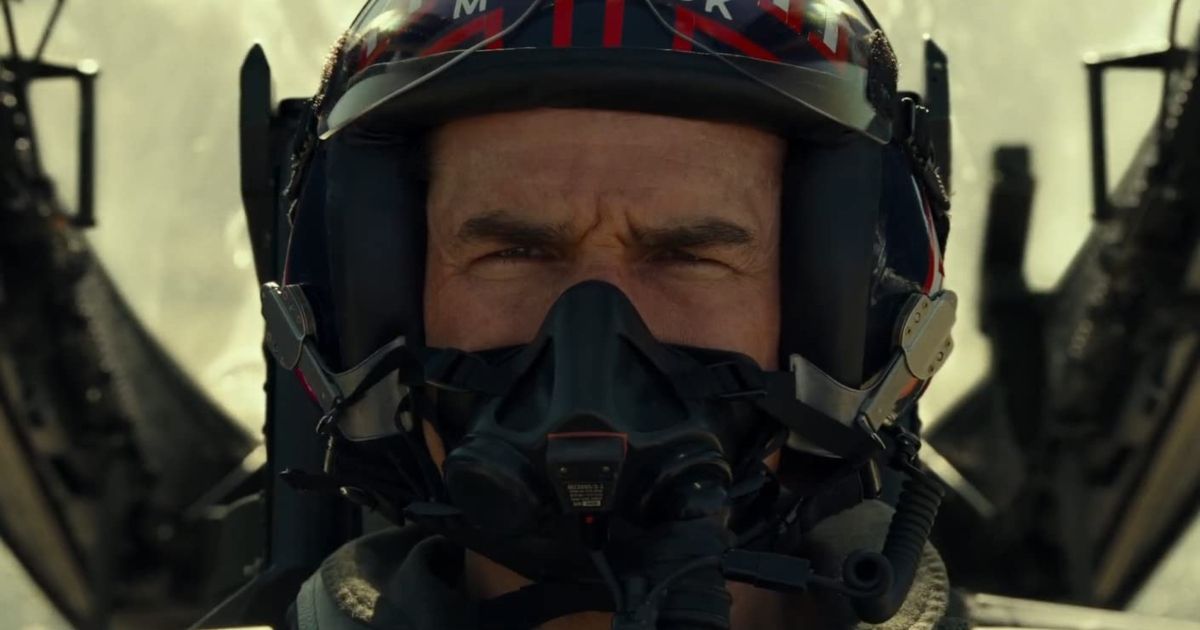Paramount Pictures has filed a motion to dismiss the copyright infringement lawsuit against Top Gun: Maverick that it was slapped with recently.
Tony Scott’s Top Gun was inspired by Ehud Yonay’s 1983 article, Top Guns, published in California Magazine, and the author was duly credited in the film. But Yonay’s name or any mention of the article is missing from Top Gun: Maverick, which apparently doesn’t sit well with his family, among other things. Ehud Yonay's widow, Shosh Yonay, and son Yuval Yonay, who both reside in Israel, claim Paramount Pictures violated copyright when they produced Top Gun: Maverick without their permission and are now seeking damages.
Paramount obtained the rights to Top Guns in 1983, that, per the Copyright Act, terminated after 35 years in 2018. The Yonays, who are the plaintiffs, initiated proceedings to recover the rights the same year, which ultimately reverted to them in January 2020. But by that time, Top Gun: Maverick was already in the can, or so says Paramount.
The plaintiffs allege that the film was completed only in May 2021 and that Paramount deliberately ignored the Copyright Act by choosing to profit off Top Gun: Maverick even though they didn’t have the rights to the article that inspired the original film.
Paramount argues that Ehud’s Top Guns is a work of non-fiction based on a real-life naval training facility, and thus the lawsuit is in direct contradiction to a fundamental axiom of the copyright law that states "no author may copyright his ideas or the facts he narrates." Paramount also cited a ruling from another similar case in their filing (via Variety), reading: "copyright does not prevent subsequent users from copying from a prior work those constituent elements that are not original—for example, … facts."
"Elite fighter pilots loving to fly, and being dedicated to their craft and competitive, are facts described in the article. Plaintiffs do not have a monopoly over these (unremarkable) facts merely because Yonay once reported on them."
Paramount Pictures Has A Strong Case
Paramount is banking on the immediate dismissal of the suit, but even if it goes to court, the studio is prepared for all possibilities. Paramount commenced production on Top Gun: Maverick when they still owned the rights to Top Guns, and they just need to prove that they had them when the film wrapped as well.
If not, then the plaintiffs will have to prove that Top Gun: Maverick is "substantially similar" in terms of various elements (plot, characters, dialogues, themes, etc.) to Top Guns. Top Gun: Maverick has more in common with the 1986 original than it does with the article, and surprisingly, Top Gun has been deemed "non-infringing" in this case, and the plaintiffs have no claim based on the film, which begets the question of how they could assume to have a claim on the sequel released 36 years later. That’s one of the main arguments Paramount is driving at.
Ultimately, it's for the court to decide whether the magazine article has directly or indirectly influenced Top Gun: Maverick, and while things appear to be in Paramount Pictures’ favor, the Yonays’ legal team has successfully argued several high-profile cases of copyright infringement in the past.
The hearing date is set for September 26.

.jpg)
